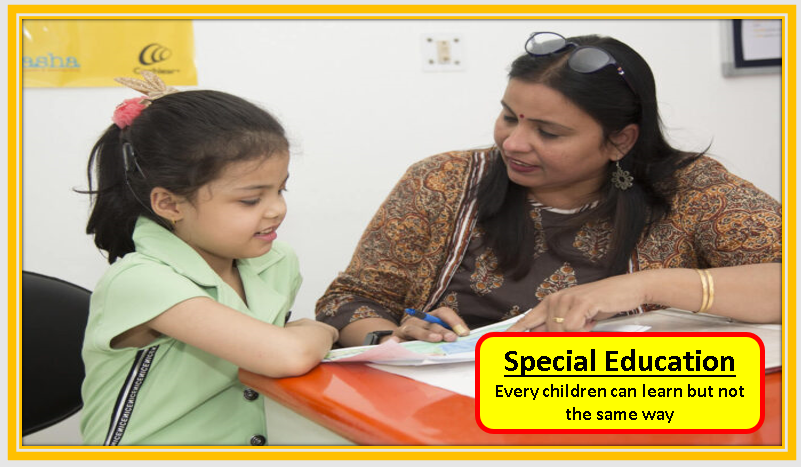
Learning disabilities (LD) are a group of disorders that affect the ability to understand or use spoken or written language, perform mathematical calculations, coordinate movements, or direct attention. They can significantly impact academic performance and daily functioning.
Types of Learning Disabilities
Dyslexia:
- Affects reading fluency, decoding, and comprehension.
- Difficulties with phonological processing, spelling, and writing.
Dysgraphia:
- Impacts writing abilities, including handwriting, spelling, and organizing thoughts on paper.
- May result in poor fine motor skills.
Dyscalculia:
- Affects mathematical understanding and skills.
- Challenges with number sense, calculations, and understanding mathematical concepts.
Auditory Processing Disorder:
- Difficulty in processing and interpreting sounds, affecting listening and communication.
- Can lead to problems following verbal instructions.
Visual Processing Disorder:
- Impacts the ability to interpret visual information.
- May affect reading, writing, and understanding spatial relationships.
Characteristics
- Academic Challenges: Difficulties in specific subject areas, particularly reading, writing, and math.
- Attention Issues: Some children may also have co-occurring attention disorders, like ADHD.
- Social Skills: Children with LD may struggle with social interactions, leading to frustration or low self-esteem.
- Emotional Impact: Anxiety, frustration, and behavioral issues can arise due to struggles in academic settings.
Causes
- Genetics: Family history of learning disabilities can increase risk.
- Brain Development: Differences in brain structure and function may contribute.
- Environmental Factors: Prenatal exposure to toxins, low birth weight, or early developmental delays can play a role.
Diagnosis
- Typically assessed by educational psychologists or specialists through comprehensive evaluations, including standardized tests and observations.

Intervention Strategies
Individualized Education Plans (IEPs):
- Tailored educational plans that outline specific accommodations and support.
Specialized Instruction:
- Programs designed to address specific learning needs, often focusing on structured literacy or math strategies.
Use of Technology:
- Tools like audiobooks, speech-to-text software, and organizational apps can aid learning.
Behavioral Support:
- Strategies to help manage frustration and improve social skills.
Support
- Early identification and intervention are crucial. Collaboration between parents, educators, and specialists can create a supportive environment that fosters success.
